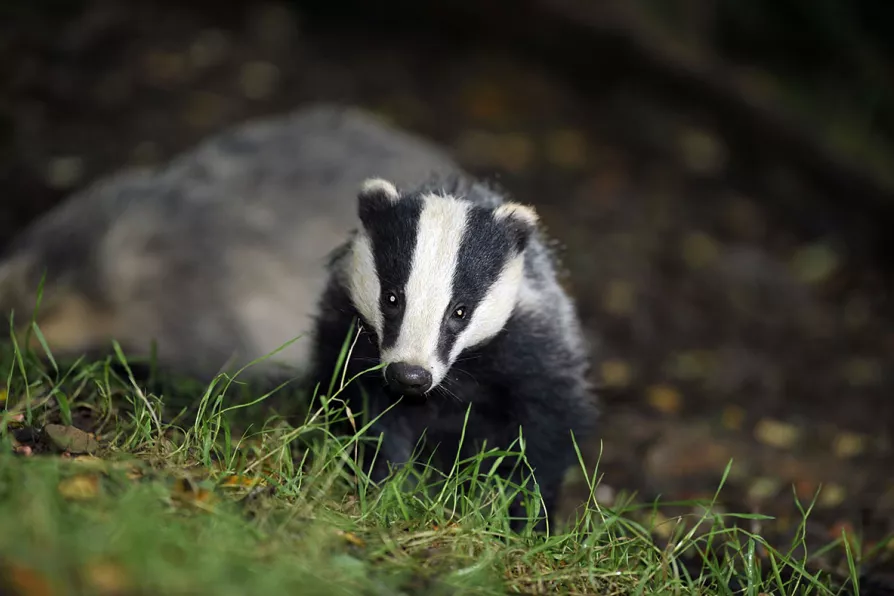
 A wild badger
A wild badger
PERPETRATORS of wildlife crime are going unpunished, despite overwhelming public support for action against them, a charity has warned.
The International Fund for Animal Welfare (IFAW), in a report released today, highlights challenges facing efforts to fight criminals who harm wildlife such as badgers, foxes and birds of prey, from issues with gathering evidence to a lack of resources.
It warns that just six to 14 per cent of reported wildlife crimes in Scotland, the only British nation to compile annual reports on such activity, result in a decision to prosecute.

Digital ID means the government could track anyone and then limit their speech, movements, finances — and it could get this all wrong, identifying the wrong people for the wrong reasons, as the numerous digital cockups so far demonstrate, warns DYLAN MURPHY

The announcement of a Women’s Justice Board should be cautiously welcomed, writes SABINA PRICE, but we need to see a recognition that our prison system is in crisis and disproportionately punishes some of the most vulnerable people in society












